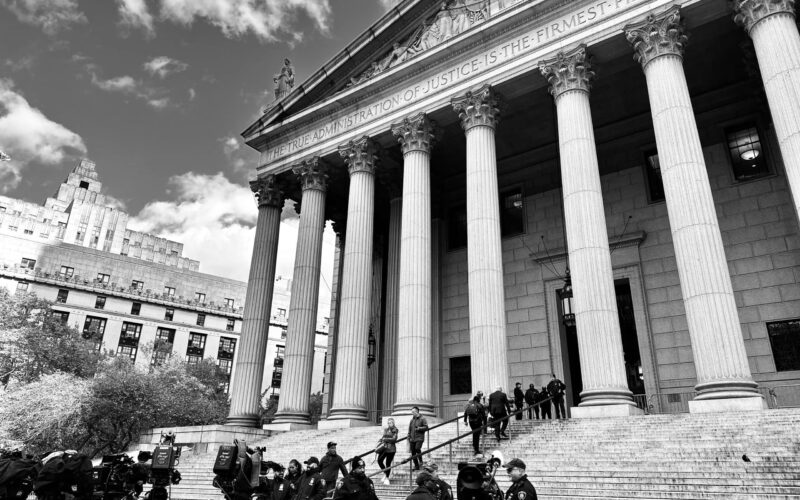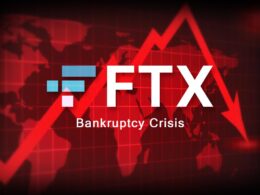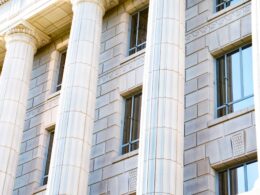As the jury begins deliberations in the trial against Sam Bankman-Fried, questions arise regarding the implications of the verdict on the crypto industry as a whole. It is crucial to assess what lies ahead.
The Bankruptcy and Recovery Efforts
John Jay Ray III, a renowned attorney known for recuperating funds from distressed companies, is overseeing the bankruptcy proceedings. In the past, Ray successfully returned over $820 million to creditors of the now-defunct American energy company, Enron. According to Ray, this situation is unparalleled in his career: “Never in my career have I seen such a complete failure of corporate controls and such a complete absence of trustworthy financial information as occurred here.” Ray has done an incredible job of recovering funds, especially considering the absence of an accurate balance sheet.
If an Amended Plan, proposed by FTX debtors and approved by the U.S. Bankruptcy Court, is accepted, customers can expect to receive “over 90% of distributable value worldwide.” Tim Enneking, Managing Partner at Psalion and CEO of Presearch.com, Inc., praised Ray’s efforts, saying, “It was an $8 billion hole, and he’s doing a masterful job of filling it.”
Cooperation Agreements and Testimonies
Former Alameda Research CEO Caroline Ellison, FTX chief technical officer Gary Wang, and head of engineering for FTX Nishad Singh testified against Bankman-Fried under a cooperation agreement with the U.S. government. They hoped for reduced sentences. Tim Enneking warns that if they are found to have lied during the trial, any potential leniency goes out the window. The co-conspirators are under immense pressure to tell the truth, as their fates are intertwined.
Should the plea agreements fall apart, Enneking suggests that Bankman-Fried’s lieutenants may even testify against each other in a future trial. Furthermore, Singh, Ellison, and Wang will most likely have to provide substantial financial restitution to the victims of the failed crypto exchange as part of their sentencing.
The Need for Regulation in the Crypto Space
Bankman-Fried’s case has brought attention to the lack of regulation in the cryptocurrency industry, particularly in the United States. Enneking asserts that there is legislative paralysis, executive overreach, and a need for judicial control. We cannot expect substantial changes, especially with the split House of Representatives. Asma Mohammadi, a law student at American University, adds that Bankman-Fried’s trial sparks curiosity about the ruling and how the government will prevent a similar incident from happening again.
Notably, Bankman-Fried’s trial coincides with the upcoming anticipated approval of the first spot bitcoin exchange-traded fund by the U.S. Securities and Exchange Commission in early 2024. Enneking suggests that if smaller crypto companies had more resources, they could challenge the SEC more frequently and potentially win their cases.
Celebrity Endorsements and Legal Consequences
Bankman-Fried spent over $1 billion on high-profile endorsement deals, involving celebrities such as Tom Brady, Steph Curry, Naomi Osaka, Larry David, Giselle Bünchden, Shaquille O’Neal, and Kevin O’Leary. However, these celebrities now face legal action due to their association with FTX.
The prosecution claims that Bankman-Fried used these endorsements and media appearances to create a facade of legitimacy while using the exchange as a “personal piggy bank.” US Assistant Attorneys Danielle Sassoon and Nicolas Roos argue that Bankman-Fried sought validation through celebrity connections, but the defense maintains that he acted in “good faith.” The jury is currently deliberating on seven charges, including wire fraud, securities fraud conspiracy, and money laundering conspiracy. If found guilty, Bankman-Fried could potentially face over 100 years in prison.
Overall, the outcome of Sam Bankman-Fried’s trial has significant implications for the crypto industry. The trial sheds light on the urgent need for regulation and accountability within the cryptocurrency space.
















